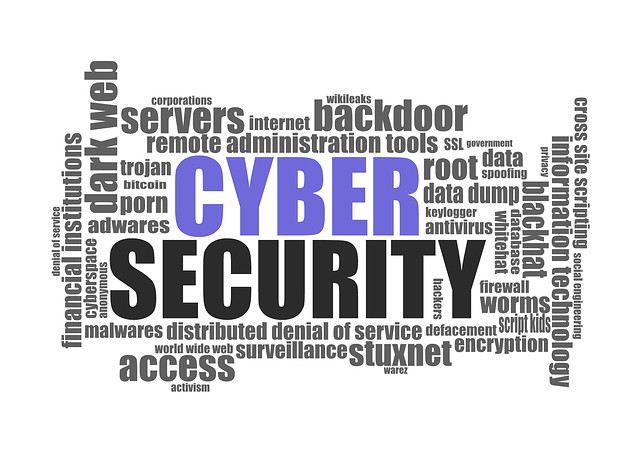- +1 (319) 248-9499
- contact@maygid.com

Data security is a critical concern for enterprises. By taking a few simple steps, you can go a long way towards protecting your data.

Step 1: Establish a security perimeter
The first step to keeping your data secure is to establish a security perimeter. This can be done by deploying security controls such as firewalls and intrusion detection systems.
Step 2: Encrypt your data
If you want to keep your data secure, encryption is a must. Encrypting your data makes it unreadable to anyone who doesn’t have the key to decrypt it. That means that even if someone were to get their hands on your data, they wouldn’t be able to make sense of it. There are many different ways to encrypt data, so you’ll need to choose the right method for your needs. If you’re not sure where to start, our expert team can help you choose the best encryption method for your data.
Step 3: Set up two-factor authentication
According to a recent study, 43% of cyber attacks target small businesses. This is because small businesses typically have fewer resources and are less likely to have robust security measures in place. As a result, it’s important for small businesses to take extra care to ensure their data is secure. One of the best ways to do this is to set up two-factor authentication (2FA). 2FA adds an extra layer of security by requiring two forms of identification in order to log in. This could include a combination of a password and a PIN, or a password and a fingerprint. 2FA is an important step in keeping your data secure, but it’s only one part of the puzzle.
Step 4: Back up your data
Data loss is a serious issue for any business. Losing data can mean losing customers, losing money, and losing opportunities. That’s why it’s so important to have a data backup plan in place. There are a few different ways to back up data, but the most important thing is to do it regularly. Here are five steps enterprises can take to keep their data safe: 1. Keep multiple copies of your data. Having multiple copies of your data helps to ensure that you won’t lose everything if one copy is lost or corrupted.
Thanks for your blog, nice to read. Do not stop.
Thank you Mark. Glad you found it useful!